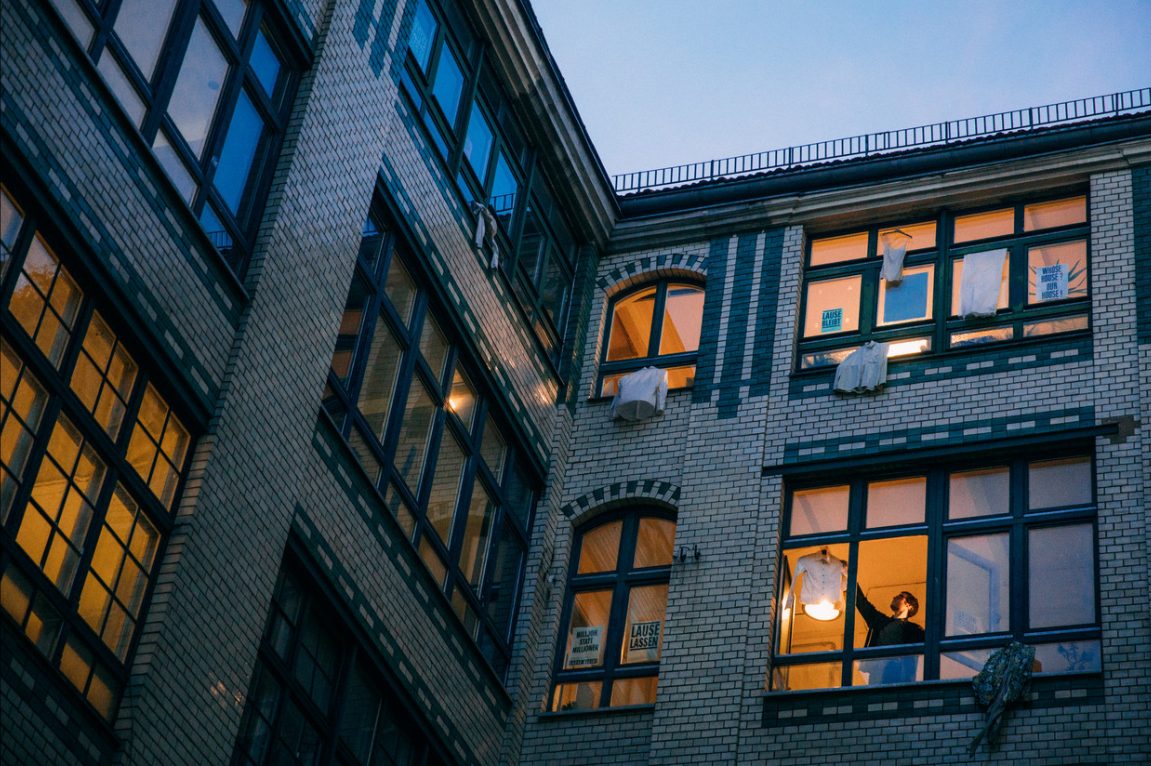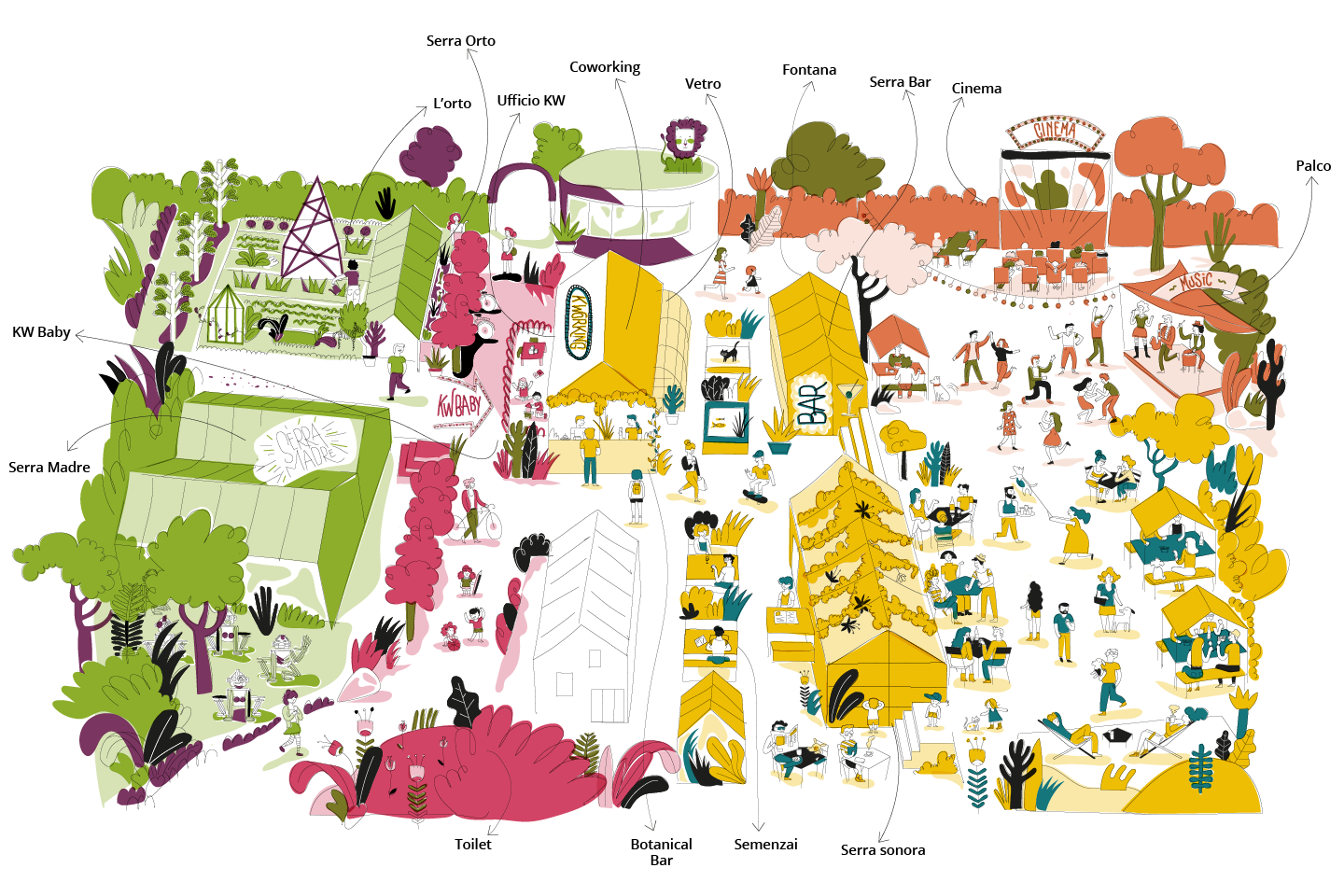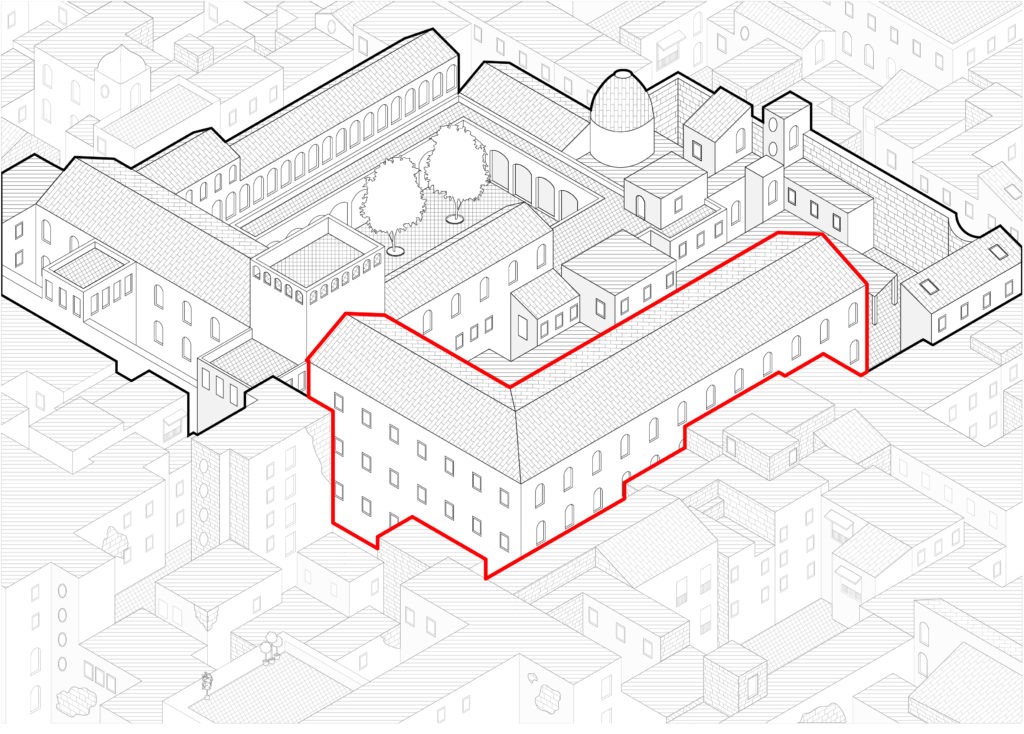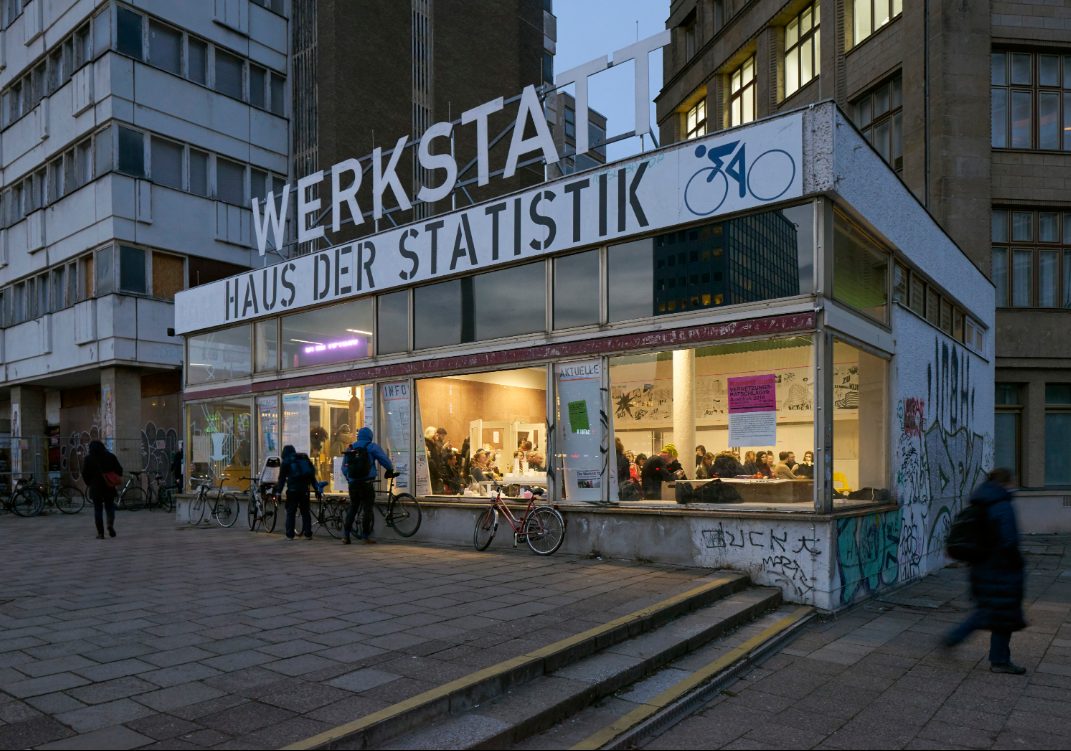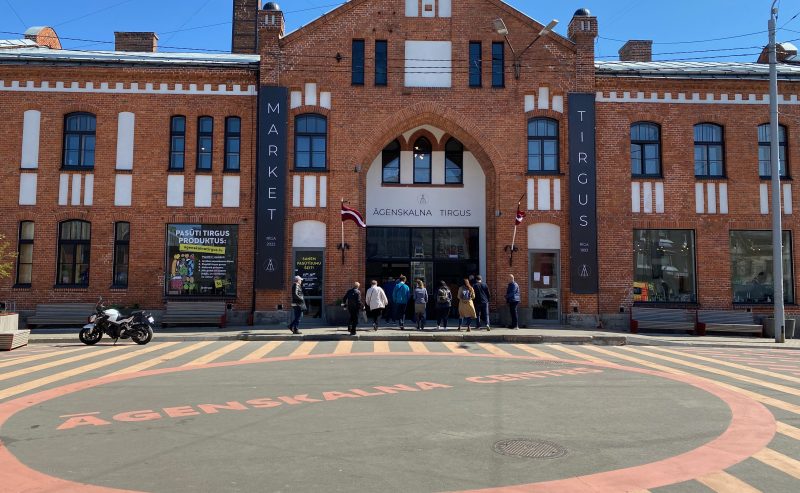
ĀGENSKALNS MARKET -RIGA
The Āgenskalns Market is case of regeneration of an old market structure in Riga done through a Private Public People Partnership. The building has been leased to a local company active in the neighbourhood, and the INHABIT Horizon 2020 provided additional resources to expand the social dimension of the project. Tesserae has trained the Local Community Activators and supported the participatory aspects and the engagement of stakeholders.
